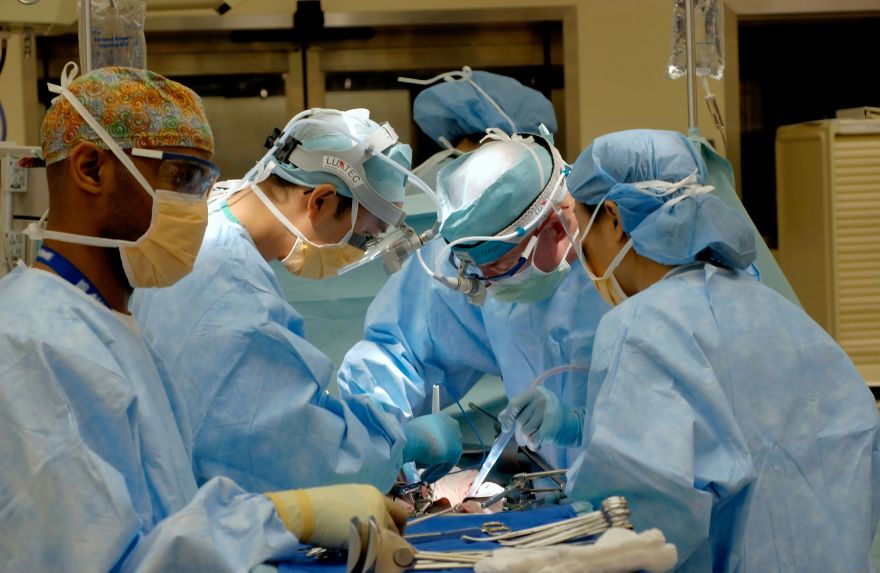Since university, I have had this curiosity about the concept of a person’s individuality. That is, what makes us unique, and how our individual experiences shape our perspective, behavior, preferences, habits, values, and beliefs.
Listen beautiful relax classics on our Youtube channel.
I have also wondered what it would be like to transfer one’s consciousness into another person’s body, to be able to experience and perceive the world through their lens. And how different their experience of reality is. But, of course, it’s quite impossible to have any empirical means of examining that. However, there is this new study that might shed light on some other aspects about our physiology and anatomy, with respect to neuroscience and psychology.
A paper has been recently published that details how organ transplant recipients have experienced personality changes after their surgeries. They recount how their preferences have changed, how they seemingly experience new memories, which apparently they describe as being attached to their donors own experiences, as well as having other changes like delirium and depression.
There were stories when recipients have dreams about their donors last moments of life, like one college professor who received a heart from a police officer who was fatally shot in the face. The professor reported having a dream similar to that moment wherein he saw a flash of light cruising toward his face and feeling his face get very hot.
Another story of a five-year-old boy, who received the heart of a three-year-old boy. Even though the recipient’s family had no prior knowledge about the donor, the five-year-old boy mentioned naming his donor Timmy, who enjoyed Power Rangers, and had an accident falling down.
Coincidentally, the recipient’s mother later found out that the donor fell from a window ledge as he was trying to reach for a Power Ranger toy. The name of the boy was Thomas, but his family called him Tim.
So there is this theory that our cells may have some form of storage of memories associated with our experiences. Others think that it’s the electromagnetic field transfers information from the donor to the recipient. The neurons store these information through chemical neurotransmitters which then gets passed on during surgery.
Psychological theories suggest that these may be a coping mechanism that recipients have to process the transplant surgery or that they may be acting out certain fantasies regarding the donor and the organ. Whatever the case may be, organ transplants definitely change the lives of their recipients in more ways than one.
And in these cases, we just simply don’t have enough data to understand the mechanisms behind the neurochemistry, psychology, and biochemical processes going on in our bodies. Further research may uncover more about the subject, but there are certain things that we may not have the technology yet to delve deeper. – via Strange Company
(Image credit: National Cancer Institute/Unsplash)
Source: neatorama
